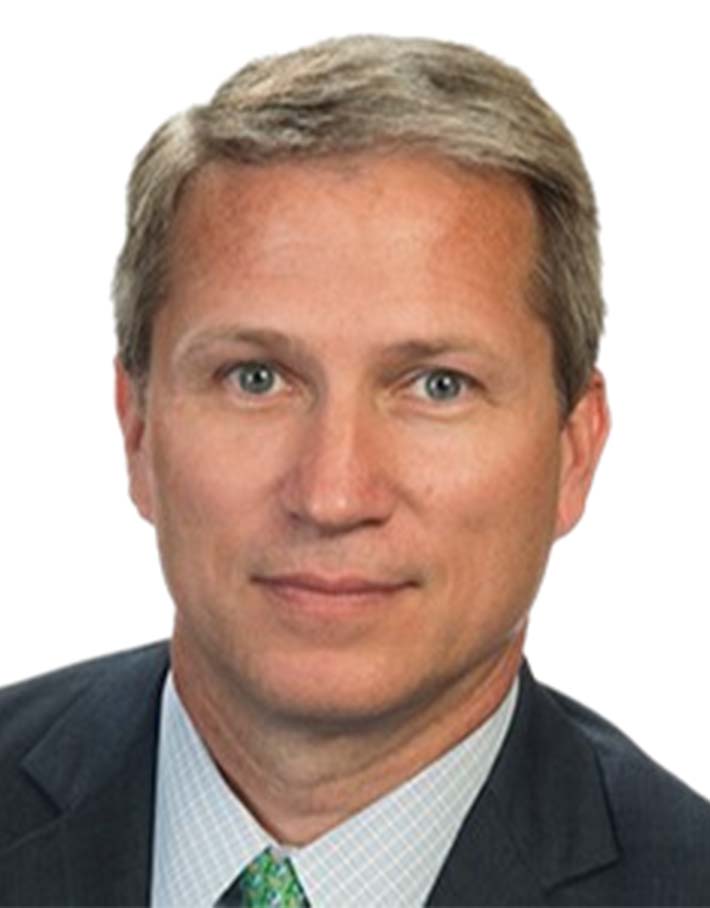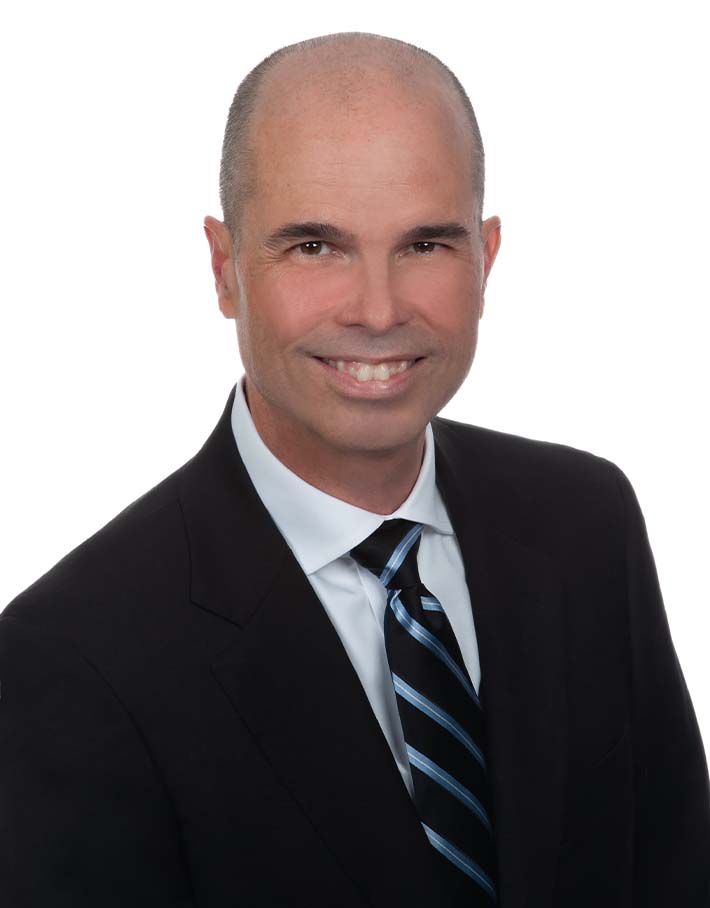Cryptocurrencies and Stablecoins
By Jeff Gearhart and Buddy Doyle
Subscribe to our original industry insights
Are cryptocurrencies and Stablecoins a currency or a security? Are they the digital gold some people say they are, or will they go the way of VHS and Betamax? Join Oyster Consulting’s Jeff Gearhart and Buddy Doyle as they continue their conversation in our digital assets series, “Cryptocurrencies and Assets: The Wheels Are Turning – Are You Up To Date?” You can also learn more about digital assets and the regulatory controls required here.
Transcription
Transcript provided by Temi transcript services
Oyster: Welcome to the Oyster Stew podcast, where we discuss what’s happening in the industry based on what we see as we work with regulators and clients. Oyster consultants are industry practitioners; we aren’t career consultants. We’ve done your job and we know the issues you face. You can learn more about Oyster Consulting and the value we can add to your firm by going to our website – oysterllc.com.
Hi, and welcome to part two of our podcast series on cryptocurrencies and digital assets – The Wheels Are Turning. Are You Up to Date? Today Oyster Consulting’s Jeff Gearhart and Buddy Doyle continue the conversation. Are cryptocurrencies and stable coins a currency or security? Are they the digital gold some people say they are, or will they go the way of VHS and beta max? If you like, what you hear today, please follow us on whatever podcast platform you listen to so we can continue to provide high quality information to our listeners.
Jeff Gearhart: Buddy, let’s just start with cryptocurrencies. Are they a currency or are they a speculative asset? I certainly have my opinion.
Buddy Doyle: Yeah, my opinion is yes. I think they are a currency and I think they are a speculative asset. They’re a currency that doesn’t act like a currency. They may not be the most widely accepted currency, but you can certainly exchange goods and services for them. So I think they fit that bill. But I think they fit that bill more in areas where access to the banking system is not available. Or for the unbanked population where there is a banking system. I think a lot of folks use cryptocurrency and coins and things like that because they’re not part of the traditional financial services world in the US.
Jeff Gearhart: So it becomes relevant in the lesser developed countries, which is why I think some are trying to take the lead there. I think Nigeria is trying to take the lead because their citizens are most suspicious of their government and are looking for a way to expand globally. So here’s a question for you though, or a thought. When you look at a currency, it needs to be a store value. I’m going to use something I read. No questions asked. When people are exchanging a currency, they have to have faith and trust in its value, and they don’t want to have to do due diligence to make sure it’s viable. Does Bitcoin meet that? If it goes from 35,000 to 65,000, now it’s around 46,000, how much trust is there in that as a currency? You can certainly exchange it, but what’s the reliability as a store value.
Buddy Doyle: Well, I think that depends on your time horizon, but the value of Bitcoin is very volatile to your point. Folks who bought Bitcoin at $900 are loving it because it has expanded their wealth significantly. And I can’t think of another coin or currency where they would have gotten that value store and growth in value. What I don’t like is when people call it digital gold. To me, that is just an outlandish statement. And I’m a Bitcoin believer to a certain extent. I don’t know what it’s worth, but I think the platform is thoughtful in design, but I think there were some things in there that had unintended consequences for Bitcoin. The scarcity of the resource and the way that you come into a mining new Bitcoin has, similar to gold, caused it to grow and shrink in value as you find new ways to mine.
I think there’s a large belief that cryptocurrencies will solve a lot of real problems for folks. If you are an immigrant from Nigeria in the United States, how are you going to get that money home to help your family? And you can go through an international exchange process to get it into and through the Nigerian process that people there don’t trust, or it can just be on somebody’s phone in about 10 seconds. And I think that when you look at that, there is a lot of great use cases for it, but it’s not gold. Bitcoin’s been around for over a decade, right, so it’s got a track record. Gold’s been around for even longer than that. Gold has been around for millennia as a store of value. So track records I think are important to most investment professionals when they’re looking at something. We’re not talking investing yet, but I think that people have bought Bitcoin using it as an investment using it under the understanding of the scarcity and the adoption and how that should drive price up.
It’s a straightforward supply demand curve. We all learned in economics 101, in action, in front of our eyes right now today. So you see Bitcoin moving up and down. And I think the volatility makes it a less appealing currency. Because of the way I shop and the way I operate when I want something, I’m going to buy it. And I actually set aside cash from my investments as safe money. Well, if you’re setting aside cash out of your stock portfolio as safe money in Bitcoin, I’m not sure the regulators going to buy into that all that well. I think one of the other interesting things that comes out of this comment, and I think we can get into this, is the stable currencies you would think of as currencies are currencies. They’re securities under the definition in the US law. Not all of them, right? They don’t have to be, but the way they’re constructed today meets the definition of a security.
Jeff Gearhart: I agree. And I was going to ask. For the store of value, doesn’t a stable coin do a better job of that? Because in theory, it’s supposed to be backed. I think we’re finding, they’re not backed exactly as everybody has said or assumed. The transparency is not there – for example, Tether. The theory was it was a dollar for every tether coin there was a dollar behind it. But in reality, there’s commercial paper and corporate bonds and other securities behind it, which leads right up to what you’re saying. It’s a security and subject to all those rules. But, just for a second, doesn’t that help the exchange for the person in Nigeria, trying to get money back to their family? Stable coins, solve that volatility issue, don’t they?
Buddy Doyle: They do, but the problem is they’re a security. So you’ve got to go through a broker dealer to acquire them, that has to be registered and comfortable that they can make money by issuing them. Because we’re all in business. We have purpose-driven businesses, but one of them is to make a profit in most businesses. And I think we’ve got this regulatory problem here in the U S where it’s clearly a security under the Howley task. These things are synthetic instruments. They are stabilized with swaps and securities and some CDs and all that. And for years, and years, and years and years, we’ve used money market funds that are constructed similarly, but they’re securities. So I think that we’ve got a problem in that the use is different. The benefit is the same. The rules are different, right? It just doesn’t quite line up yet. If we’re going to be competitive in the future, and I think the U S markets have got to figure out how to solve this because it appears to me like cryptocurrencies are not going anywhere. I think they are probably going continue to expand. I think that we are in an efficiency evolution that is occurring in our financial systems. And if you look back historically at all the things that have happened over time in your financial systems to create efficiency with new products, new services, this sounds an awful lot like moving from bank tellers to ATM’s and from ATM’s to card transactions instead of checks. Right. And, you know, I think we’re, we’ve really found a more efficient way to do business, except we’re just not wired that way yet.
Jeff Gearhart: Maybe I’ll offer up this analogy when the iPhone came out, nobody knew why they needed an iPhone or would want an iPhone. And now nobody can do without their iPhone or their Samsung or galaxy or whatever. But if you recall, when this first occurred, there was a lot of skepticism and look at how the, the world’s evolved to this point. I agree with you. I think we’re having a remarkable change. I think the global payment system is going to change drastically as we learn to use the technology, but there needs to be a confidence in the system. I like to use the term, who are you going to call when things go bad? It’s happening. People don’t know how to secure their wallets. You don’t even know if you have true, good possession and control sometimes. And how do you protect yourself or the cybersecurity issues from the hackers out there? People are doing this for fun. This is a challenge. And it’s a global game to try and hack into these systems and they’re succeeding.
Buddy Doyle: That’s another thing that our constituents at Oyster need to really understand is that it’s not a perfect instrument. Actually, yeah, I remember early on in the Bitcoin’s evolution, people were saying it can’t be hacked. And that doesn’t mean it can’t be hacked because people are responsible for their passwords and their keys and things like that. And people are people, they do what they do. So I remember listening to a staffer for us, a Senator in New York state, who was talking about that first Bitcoin exchange, where all the, I guess, the founder of the exchange got confused about whether the assets belong to the customers or themselves. I remember the conversation of him saying, when the Senator said, get me Bitcoin on the phone. Cause they wanted to go protect his constituents. You know, that led to a very interesting conversation because you can’t just get Bitcoin on the phone. I don’t care who you are. So I think that you’re right. Who do you call? How do you deal with it? But similar question, who do you call when you lose your cash? I think it’s a similar problem, but hackers are less likely to get into my wallet that’s on my dresser than they are to get into my wallet that’s on the internet. Unless I take all the safety precautions that are, that are necessary. And that’s an educational process for folks. I think.
Jeff Gearhart: I think confidence in the system will go a long way towards the broad acceptance. It’s definitely, the term is DEFI (decentralized finance), that’s popular now in terms of how it’s entering the banking system and trying to disinter intermediate folks. But there’s an advantage to some of those intermediaries in terms of confidence, helping to solve the problem. And I think that’ll be relevant as we go forward. And I’ll go, as far as saying DFI, won’t be a term in five years, it’ll just be called finance because we will just evolve to accepting these new platforms and the way the money can be exchanged. And that’s going to filter its way into our world, the broker dealer world, as we continue to use this knowledge, blockchain distributed ledger to handle settlements and make back-office processes more efficient. I mean, the front’s already pretty much electronic and doing a lot of pretty cool things, but it’s going to flow into the back office as well.
Buddy Doyle: I totally agree. And I think that trust is occurring, right? These products are expanding as people understand how they’re designed and how they work. We are growing it. They still don’t have it. But I think until our regulators really come out and tell us what the rules are, we won’t have confidence that we can follow them. You can’t hit a target you can’t see. Right. And there’s just not enough clarity, I think for wide adoption. I think we’re going to get there. And I haven’t said this all along, but I’m going to say this right now because I’ve been skeptical. I’m still skeptical, but I think we’re going to get to cryptocurrencies, digital exchange of funds as the primary way that we transact our business. Just like we stream music today, instead of going to the record store. We go to the record store for nostalgia now.
But I think that it took a legitimate businessperson, if you want to call them that, to move streaming music from being stolen by a Napster to a legitimate industry with confidence and support of the participants in there. And we need to find those Steve Jobs type folks that started streaming music on iPods or doing iPhones to really build this thing out in a way that makes the ease of use for it. We need the regulations to make it legal, so we can all know what we’re allowed to do and not allow to do. And we need a little bit more infrastructure here and a little bit more time to figure out, ‘is Bitcoin VHS or is it beta max that’s going to get replaced by Netflix?’ but I don’t know we’re at that point yet. I’m not going to make that back.
But I do think you can realize that if DEFI, decentralized finance, is going to likely move forward because there’s a real need for that too. If you think about the use cases for a decentralized finance, there’s a whole world of crowdfunding is necessary, which is sort of like that, right. Kind of directionally similar to decentralized finance, except this is global: it’s worldwide. So that if you’re in a country where you’re trying to start a business, maybe your gender doesn’t match up to the gender that the government thinks you ought to have to be able to start a business. The world doesn’t feel that way you can get money, but you need a different source than the one that’s available in your local market – here we are with decentralized finance, purpose driven investors. There’s going to be some fraud around that. There’s always fraud around new issues and new businesses, but once we lay the rules out and we can get comfortable and hopefully they’re thoughtful rules. A lot of times rules just get in the way of innovation. But if they’re thoughtful rules, then I think we can really see a huge benefit from this, that grows economies; that creates efficiencies. Nobody’s trading under the Buttonwood tree or stocks anymore. Nobody’s using stock certificates to prove they own a company it’s really digital already. It’s a memo entry and a location.
Oyster: Thanks for listening. And if you like what you heard, make sure to follow the Oyster Stew podcast on whatever platform you listen to. If you’d like to learn how we can help firms start, run, protect, and grow their business, visit our website at oysterllc.com.




